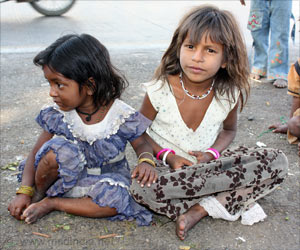News on mutual cooperation of India and China on tackling health issues like family planning, bird flu, stem cell research
Beijing: India’s health minister assured in a meeting that India had no plans like China to adapt a "coercive" policy on family planning” to introduce mandatory Chinese style 'one child per couple' norm to arrest the population growth of the country.
Mr.Ramadoss said India would lay emphasis on attaining "population stabilization" through a series of measures including awareness initiatives like 'ASHA'. The minister said: “we are trying to achieve population stability through reducing infant mortality and maternity mortality. For that, we have launched massive immunization programmes and a new innovative plan called ASHA," he said. Plans were there to train around 2.5 lakh 'Accredited Social Health Activists' (ASHA) in all villages to work with rural women and act as a link among beneficiary at village level and Anganwadi Worker."These activists will help and guide women to assess the health facilities for antenatal care, institutional delivery, post-natal care and counseling on nutrition and family planning services," he said. The new rural health workers would also help out in building latrines in households.
Mr.Ramadoss met Chinese Health Minister Qiang and the Minister for National Population and Family Planning Commission Zhang Weiquing and other senior officials and held discussions about possible collaboration between India and China in the traditional medicine systems. He said: "We are looking at establishing four medicinal plant processing zones - one each in North, South, East and West." He added that the government had plans to buy back 100 percent of the produce of farmers who plant medicinal plants in such zones. "I want to replicate China's experience in India," he said.
The Minister also said wanted to make India a global hub for stem cell research "since stem cell is going to be the future in medicine." He was keen on cooperating with countries like South Korea and China on this research. Other areas of cooperation include exchange of expertise on bird-flu and joint efforts to collect epidemiological data for having better network towards disease surveillance. In the near future it is possible that both countries would be ready to sign a Memorandum of Understanding (MoU).






